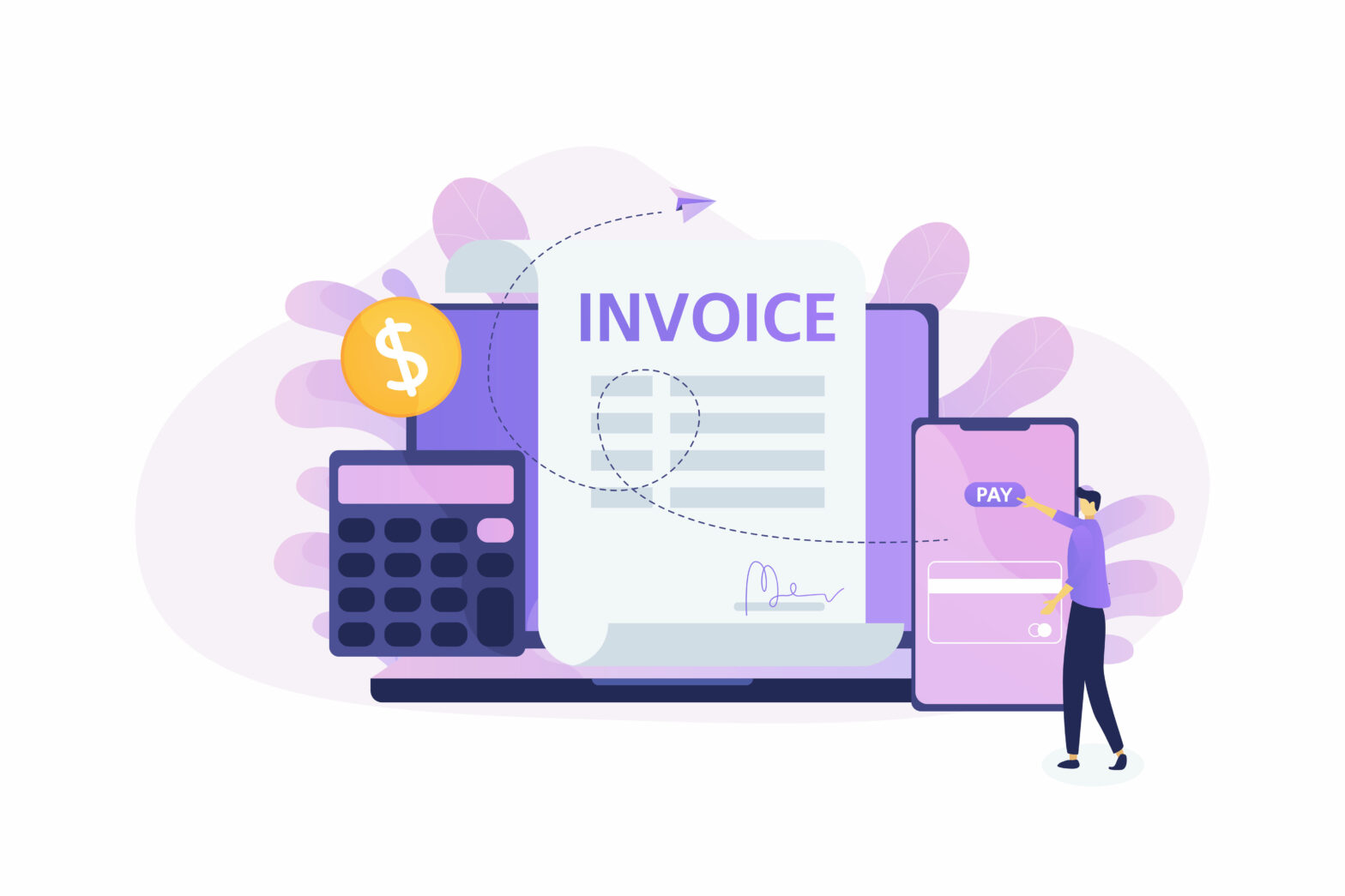The UK Financial Services market has no shortage of options when it comes to taking out a loan or finance package for a property, development or property related project.
However, while you can keep your options open it remains important to ensure that you take out the type of property finance that best suits you and your needs and that you understand what each type of finance offers you and when and why to use them.
There are also ‘specialist’ types of finance that can be relevant to property and property-related purchase. For example, unlike high street mortgage lenders, Agricultural Finance providers will offer more bespoke packages due to the mixed composition of the land involved when it comes to farms and estates (Source: SPF Loans).
If you are a property investor or developer though, taking out the correct offering to finance the development of focus could be the difference between thousands of pounds and hours of work in order to submit the relevant documentation and applications. No matter the financial product you select, it is of paramount importance that you understand the product itself from top to bottom.
Bridging finance
Bridging finance is a short-term finance package that is provided in situations where a secured loan is required quickly. For example, in the case of those who are looking to complete the purchase of a property but are awaiting the sale of another property to finance the purchase. A bridging loan literally ‘bridges the gap’ between the purchase of the new property and the sale of the primary property.
The bridging lender will more than likely require proof that the loan is indeed a short term loan and the property to finance the whole transaction is being prepared for disposal [sale] or refinancing in the imminent future. In recent years there has been a surge in the numbers of people taking out bridging loans as high street banks and lenders are becoming much more cautious with who they lend to.
In addition, it is important to remember that bridging finance is secured against your property which means that failure to repay can end up leading to you losing your property. Furthermore, interest rates on bridging loans will be higher than those for ‘traditional’ mortgages.
Auction finance
Auction finance, similarly to bridging finance is a short term loan solution. Also, just as with a bridging loan, when taking out auction finance, the lender will want to see proof that there is a clear exit strategy in place; that is funding clearly coming from somewhere, such as refinancing another property, selling assets or otherwise.
One of the main reasons for taking out auction finance is that when purchasing property at an auction, he purchase will usually need to be completed within around 28 days. This means that even if you are eligible for a bank or high street lender’s loan, there isn’t enough time to apply, be checked and then accepted for the loan. There will also usually be a maximum term for the loan for example 6 or 12 months, by which time the loan must be paid off in full.
Auction finance packages can also range greatly, with amounts needing to be borrowed sometimes exceeding the £1 million mark.
Self-build finance
Self-build finance is a more specialised type of property loan and differs from other property finance types. The major difference between this type of finance and other forms of short-term property finance, say a bridging loan is that self-build finance will naturally be required for a longer period of time. Unlike other forms of property finance that are completed quickly and in one go, self-build finance will often mean having the funds released in stages as the property in question is developed and built.
The reason for the money not being released in one go is because this reduces the risks involved. For the lender it means that they are not at risk of losing the entire loan amount and for the borrower it allows them to reduce the amount of debt they will have to repay as all is done in stages.
Generally, the stages of the money being released are very much in conjunction with the stages of the self-build project. For example, money will be released to the borrower when purchasing the land, the next stage may be when the foundations are being laid and another stage may be as the property is built up.
Other things to consider
As well as which finance package best suits you for a property build, development or purchase, it is very important that a number of other considerations are taken into account to make sure that everything is covered:
Financial circumstances: Can you afford the loan and the repayment terms and are you aware of all of the associated costs and charges for your property purchase or development?
Structural considerations: Have you ensured that the property to be purchased has been assessed by an accredited assessor or surveyor to ensure structural integrity and have you considered the legal requirements for new-builds, such as air tightness testing?
Regulated lenders: Is the lender or provider to be used for the finance package you require regulated and covered by the Financial Conduct Authority (FCA) and other regulators to ensure you are protected from foul-play?





